Politics a threat to China's economy
Political commentator Jin Jian Guo observes that China economic policy has always been ruled by politics, and while it seems that the pendulum is swinging back in favour of private firms after a period of bashing and stifling, this is not a given as the politics of the day still rules.
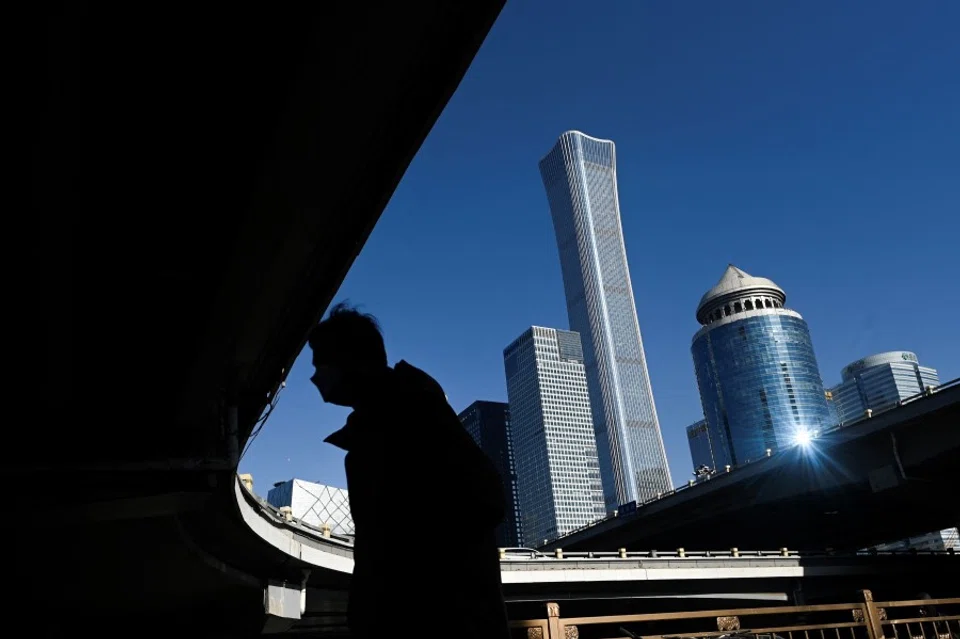
In 2022, China's GDP grew by 3.0% year-on-year, falling short of its 5.5% forecast. Whether China's economy can regain its former glory in 2023 and beyond is of global concern, because everyone wants to see economic growth in China. The Chinese people's standards of living can be improved with economic growth, while the policymakers' governing foundations can be strengthened. Even the Americans want China to grow economically as they are interdependent on each other and China-US economic and trade relations can never be completely severed.
However, China's economy is far from satisfactory based on recent developments. The pandemic was a factor that seriously affected China's economy, but the problems of the Chinese economy had surfaced long before that and were not addressed. Instead, politics has prevailed over the economy.
China's economic development has been drastically disrupted by shambolic and frequently-changing policies. The outcome is that China's economic development is far less dynamic than that of Vietnam, which is also adopting the socialist economic model. Policy instability in China is its greatest problem and risk.
Politics directing economy
In the seven decades of China's economic history since October 1949, the Chinese economy has been directed by policy. The mainstay of China's economic activity is not driven and dictated by the market to find the best allocation of resources, but how to implement and execute policies to achieve its mission.
Behind every policy is China's politics, which dominates the Chinese economy and takes precedence over the economy. China's economic outcomes may be excellent if the goals of economic policies are the economy itself. Take China's high-speed rail for example - even if the policy-driven outcome has a poor economic impact, it is ultimately evidence of real physical wealth displayed across the Chinese landscape.
If the goals of economic policies are not focused on the economy but politics, then China's economic outcomes will surely be terrible.
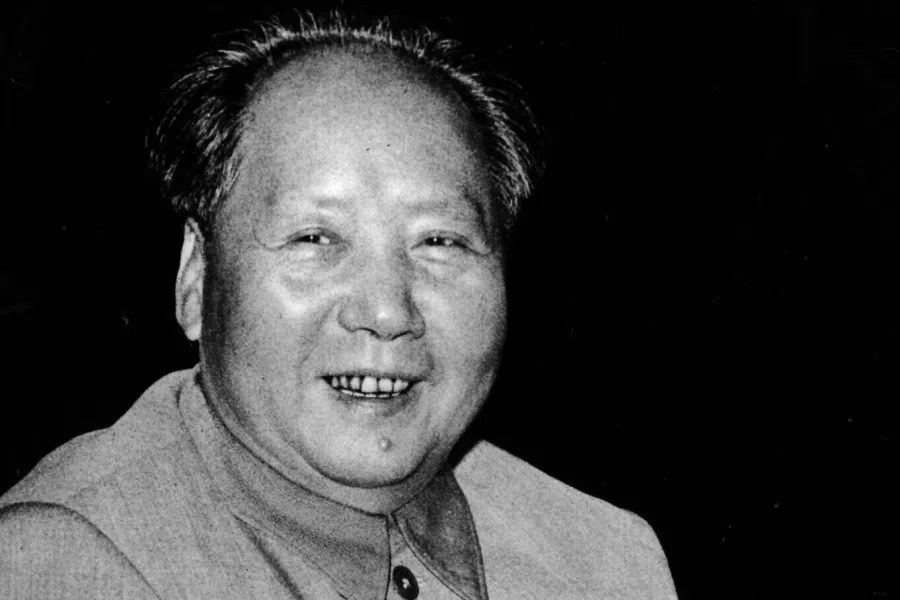
If the goals of economic policies are not focused on the economy but politics, then China's economic outcomes will surely be terrible. Mao Zedong's economic plan is an example that lasted several decades. Often rallying the people to play catch-up with the slogan "Ten thousand years are too long. Seize the day! Seize the hour!", Mao often unexpectedly changed the development goals set by the Central Committee of the Chinese Communist Party (CCP). The agricultural collectivisation campaign was originally planned for 15 years, but Mao was dissatisfied with the pace, likening it to the pace of "women with small, bound feet", and had it done in three years instead.
History may repeat itself
With the lofty ambition for "bitter sacrifice to strengthen bold resolve, which dares to make the sun and moon shine in new skies", Mao believed that a resolute and capable man would overcome destiny and that "an unburdened, blank piece of white paper can be used to compose the newest and most beautiful words and drawings".
Implementing the socialist transformation in three years apparently gave Mao greater confidence that economic development needed only the will of the leader instead of rules. He held aloft the "Three Red Banners" in his goal to catch up with the UK and the US. The outcome was a catastrophe in China of "three parts natural disasters and seven parts man-made calamities".
The past three decades of China's economic history represent its political history, during which the economy is a means to achieve political goals.
After the catastrophe, the Central Committee of the CCP took three years to improve China's economy. However, Mao then started the class struggle that derailed the economy, and the subsequent Cultural Revolution brought it to its knees.
The past three decades of China's economic history represent its political history, during which the economy is a means to achieve political goals. Mao's romantic ambition that "[w]e can clasp the moon in the Ninth Heaven, and seize turtles deep down in the Five Seas" had merely sent China's economy on a sojourn to utopia.
China's remarkable achievements in four decades of reforms are also political achievements. Deng Xiaoping regarded economic development as the biggest goal of politics, and his political achievement is China's economic development. In his vision, with economic development, the people's lives will improve, and China's socialist system and the leadership of the CCP will naturally build a robust foundation to avoid the tragedy of Su Dongpo (or Su Shi, renowned ancient Chinese politician and poet whose political fortunes waxed and waned).
Objectively, the benefits of political motivation to achieve economic goals outweigh the detriments. Despite the myriad of problems in the four decades of reforms, the same politics-driven economy has indeed improved the lives of the Chinese people. This is the reason for the people's support for the CCP.
A stifled private economy
In recent years, however, China's economic development is once again motivated by political objectives. Hailing the call that "The Party exercises overall leadership over all areas of endeavour in every part of the country", the decline of China's economy began even before Covid-19.
The suppression of the private economy (including overseas enterprises), which drives China's economic development, is the biggest stumbling block for the Chinese economy today. State-owned enterprises (SOEs) are a hindrance to China's economic development despite their advantage in resource monopoly. They are unable to realise economic benefits for the country and are instead dependent on the support of 1.4 billion Chinese people. Driven by political objectives, the SOEs have become larger and more powerful, dominating the economy at the expense of private enterprises as well as naturally crowding out and stifling the private economy.
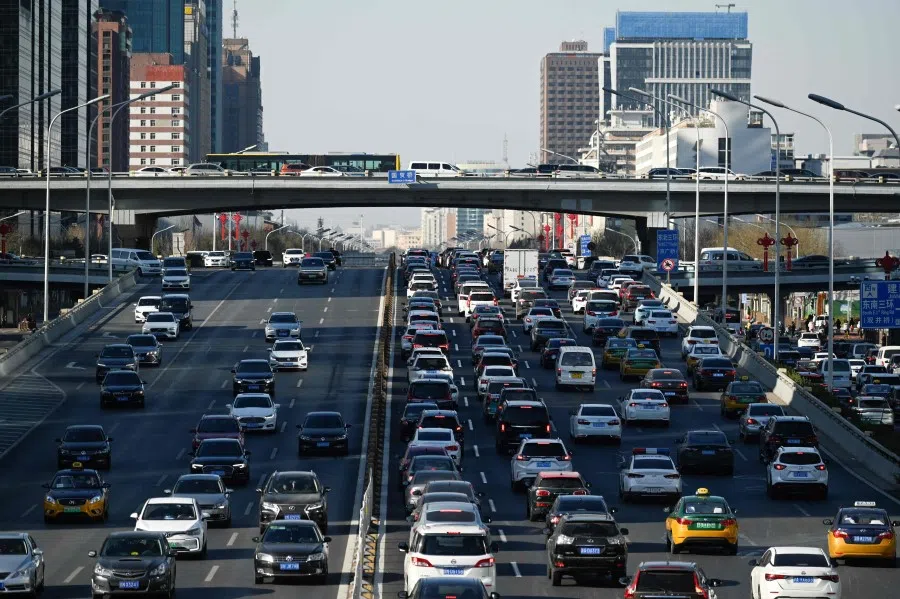
Is there evidence of a stifled private economy? In 2018, CCP journal Qiushi (《求是》) published an article entitled "Communism Seeks To Eliminate Private Ownership". The article used theories of communism and cited Marx, Engels, Lenin and Deng to criticise today's trends of liberalism and privatisation in China.
The publication of an article such as this by the most important party media is the biggest signal of a high-level change in decision-making, akin to the publication of "Practice Is The Sole Criterion For Testing Truth" (an article that questioned the sanctity of undisputed truth in Mao's directives, published in 1978). To the people in China who are politically well-educated and have keen political acuity, some detect opportunities for private gains while private entrepreneurs reel with dread.
...the economic contribution of the enterprises become subservient to absolute political loyalty, and their economic functions and impacts weaken and decline.
Months later, a short article entitled "Having Completed Its Mission Of Assisting In The Development Of China's Public Economy, The Private Economy Should Gradually Exit" by Wu Xiaoping was circulated. In response, private entrepreneurs lamented: "Needing us is a desperate choice; destroying us is a noble ideal."
Circulated within my circle of friends in 2018 was an article entitled "Wandering In The Land Of One's Ancestors", which slammed the marked difference in treatment between the SOEs and private enterprises, resulting in dire straits for many of the latter and "unprecedented difficulties for the private economy in four decades of reforms".
In September 2020, the Xinhua News Agency published a CCP document, calling for the strengthening of the united front work as well as the ideological and political work in private enterprises so as to guide them to "be politically sensible". It also requires the private economy to "unswervingly listen to and follow the Party".
Hence, as a standard practice, party committees meant for "enterprise protection" are set up within private enterprises. However, when in conflict, the political concerns of the party committees will prevail over market-driven interests. Thus, the economic contribution of the enterprises become subservient to absolute political loyalty, and their economic functions and impacts weaken and decline.
In 2019, renowned US expert on China's economy Nicholas Lardy published his book The State Strikes Back - The End of Economic Reform in China?, in which he wrote that "China's economic reforms have ended". Lardy used economic data to prove that the SOEs have dominated China's economy at the expense of private enterprises and highlighted that "the role played by the private economy is becoming weaker", which is "extremely damaging" to China's economic growth. He believes that China's economy has great potential and the crux at present is whether China genuinely wants marketisation. If Beijing persists in its belief in a state-led economy, China's economic growth will continue to decelerate.
History will not simply repeat itself, and the confidence of private entrepreneurs cannot be resurrected by an intent merely articulated in a conference.
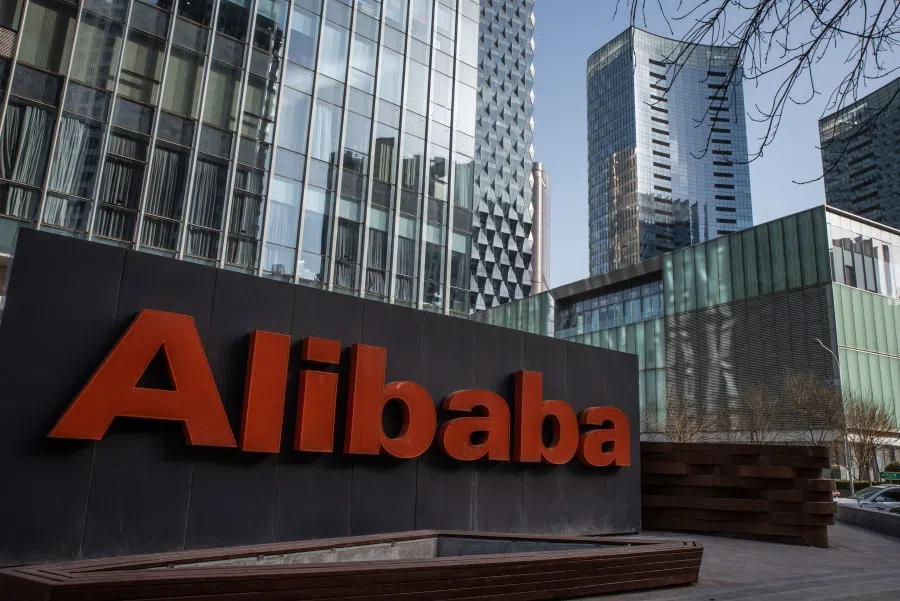
In 2021, China launched the long-awaited "common prosperity" policy, the core of which is the "third distribution" system, a completely new socialist transformation which in essence requires private entrepreneurs to donate money to the society. Consequently, Alibaba has donated 100 billion RMB for common prosperity, Xiaomi founder Lei Jun has donated 1.8 billion euros worth of shares to charity, e-commerce giant Pinduoduo has invested 10 billion RMB to launch the 10 Billion Agriculture Initiative, and Tencent has donated 50 billion RMB. Consequently, many private entrepreneurs have left the country for good, and whether Jack Ma decides to return to China has become an indicator for the private economy.
Scales tipping back in favour of the private economy?
The message from the CCP Central Economic Work Conference in December 2022 is that China's top economic policymakers have requested for the protection of the rights and interests of private entrepreneurs and emphasised the importance of equal treatment of private enterprises. This suggests that China's policies will once again support the private economy after a period of stifling it.
Is this a repeat of China's development of its private economy in the 1980s? No! History will not simply repeat itself, and the confidence of private entrepreneurs cannot be resurrected by an intent merely articulated in a conference.
It is worthwhile for China's intellectuals to study why China is unable to break free from the rule of man.
The lifeblood of China's economic development has always been policy-directed. Power drives policies, and will not allow itself to be restrained. Absolute power leads to absolute wilfulness, and wilfulness relates to the long-standing issue of the rule of law, which remains unresolved because the rule of man cannot be restrained. It is worthwhile for China's intellectuals to study why China is unable to break free from the rule of man.
Winston Churchill famously said, "Those who fail to learn from history are condemned to repeat it." The rise and fall of China's private economy is a historical cycle, which has struck a chill in many private entrepreneurs. It is hoped that policymakers will formulate policies according to the law, maintain policy stability and eliminate the greatest economic uncertainty.
Related: Chinese netizens debate: Should China abandon the market economy for a 'people-oriented' economy? | China's economy to recover next year | Ten years of political intervention: China's economy at a crossroads | Future world: A rising Asia and a polarised global economy | Will China get its economy back on track in 2023? | Chinese economy in 2023: Worse before it gets better
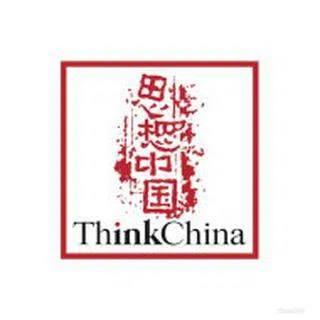

![[Big read] When the Arctic opens, what happens to Singapore?](https://cassette.sphdigital.com.sg/image/thinkchina/da65edebca34645c711c55e83e9877109b3c53847ebb1305573974651df1d13a)


![[Video] George Yeo: America’s deep pain — and why China won’t colonise](https://cassette.sphdigital.com.sg/image/thinkchina/15083e45d96c12390bdea6af2daf19fd9fcd875aa44a0f92796f34e3dad561cc)